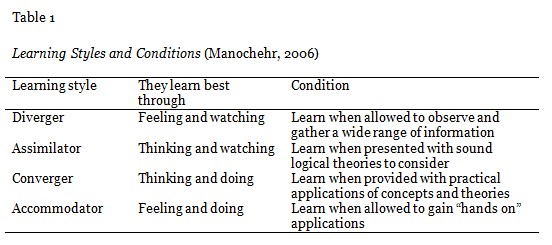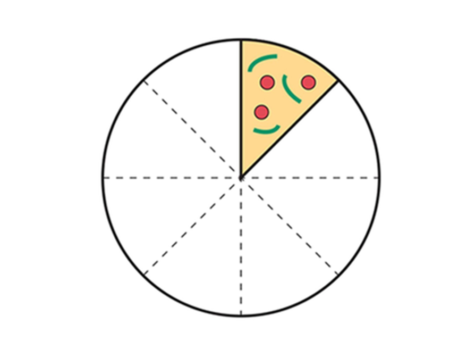If studying was simple and easy, everyone would be space astronauts drinking super-smoothies on Mars by now. Science would be a breeze, math would be an afterthought of ability, and English would allow people to say exactly what they need to convey! Anything would be possible.
But studying isn’t a simple process of holding a book to your face and absorbing information.
In my time in academia, I had to learn and unlearn a lot about learning. Once I became more knowledgeable in scientific literacy, I was able to come across all sorts of information about scientific knowledge about how the human brain assimilates information. So don’t worry; you don’t have to actually “study” this post so much as you need to reap the knowledge I’ve collected from scholarly sources. I don’t have any quizzes at the end, just the hope that I can pass along some of the knowledge I find important about effective studying.
1. Learn your study type and work with it.

A lot of people discuss being “hands-on” or “visual” learner, which is perfectly fine, but doesn’t necessarily tell the whole story. A study in 2014 found that you can align yourself with 1 of 4 types of learning styles and utilize them for effective practice. So if you are a “diverger”, it won’t help to read an explanation THEN practice a math problem. You need to try and practice a problem first and then read over the instructions to specifically correct yourself in the process. To find out if you are an Assimilator, an Accommodator, a Converger or a Diverger look at the table below. For the complete study click here.

2. Integrate your knowledge.

I will admit, this category came to me a bit easily because of how heavily supported this process is by not only psychology courses but in the APA’s study tips page. Memory isn’t like a bunch of computer files; it’s a branching tree of intertwined limbs of information that strengthen and work with each other. As my weird metaphor of the week: If you are climbing a tree, you want to have as many different routes to the next branch up as possible to climb it quicker. Thus, when you are studying something, you want to try and tie it into as many other topics you know about as possible so that it’s in a part of your brain that is easily accessible. For example, if you hate history, but love movies, instead of just trying to memorize dates, find your favorite movie closest to the time period you are studying and try to figure out how that information relates to each other. If you love cameras, think about how it might relate functionally while you are studying how the human eyes works. If you love cooking or baking, think about how certain ingredients might be tied to your studies in chemical reactions. If you love math, calculate a pizza. No, really.
3. You need breaks- but only certain types of breaks.

When recess became phased out of elementary school, there was an uproar from students and parents alike- but for good reason. You see, Stanford ran a study and found recess breaks to be vital for information retention. Before you dismiss this as a child phenomenon, realize that the frontal lobe (the most learning-centric part of the brain) doesn’t stop developing until around age 25; your brain is still developing and requires breaks just as much as children do!
To sum it all up, you simply need to learn HOW you learn, take a few short physical breaks each session, and to find a way to work that knowledge into something you’re already familiar with. While this might not suddenly make studying effortless, it should get you miles ahead without losing as much sleep.







